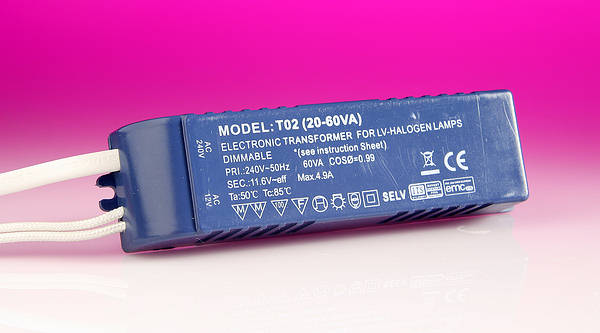
Transformers, the unsung heroes of the electrical industry, play a pivotal role in power transmission and distribution systems worldwide. These versatile devices have revolutionized the way electricity is generated, transmitted, and utilized. In this article, we will delve into the multifaceted applications of transformers and explore their significance in various industries.
- Power Grids and Electrical Distribution:
Transformers are the backbone of power grids, enabling efficient transmission of electricity over long distances. They step up the voltage at power plants for long-distance transmission, reducing energy losses. Subsequently, they step down the voltage to safe levels for distribution to homes, businesses, and industries. Without transformers, the reliable supply of electricity that we often take for granted would be impossible. - Industrial Applications:
Transformers find extensive use in industrial settings, where they are employed for a wide range of applications. One such application is in electric arc furnaces, where transformers supply high currents to melt metals for steel production. Additionally, transformers are crucial in powering heavy machinery, motors, and equipment, ensuring smooth operations in manufacturing plants. - Renewable Energy Integration:
As the world shifts towards sustainable energy sources, transformers play a vital role in integrating renewable energy into the power grid. Solar and wind farms generate electricity at low voltages, which needs to be stepped up for efficient transmission. Transformers facilitate this voltage conversion, enabling the seamless integration of renewable energy sources and reducing our dependence on fossil fuels. - Transportation and Electric Vehicles:
The rise of electric vehicles (EVs) has increased the demand for transformers in the transportation sector. Charging stations rely on transformers to convert high-voltage electricity from the grid to the lower voltage levels required by EVs. Moreover, transformers are essential in powering electric trains, trams, and other forms of electric transportation, contributing to a greener and more sustainable future. - Data Centers and Telecommunications:
In the digital age, data centers and telecommunications networks are the lifelines of global communication. Transformers provide reliable power supply and voltage regulation to these critical infrastructures. They ensure uninterrupted operation, protect sensitive equipment from power surges, and maintain the integrity of data transmission, supporting the seamless flow of information worldwide.
Conclusion:
Transformers are indispensable in modern society, enabling the efficient and reliable transmission of electricity across various industries. From powering our homes and industries to facilitating the integration of renewable energy sources, transformers have transformed the way we generate and utilize electricity. As technology advances and energy demands increase, transformers will continue to play a crucial role in shaping a sustainable and electrified future.


